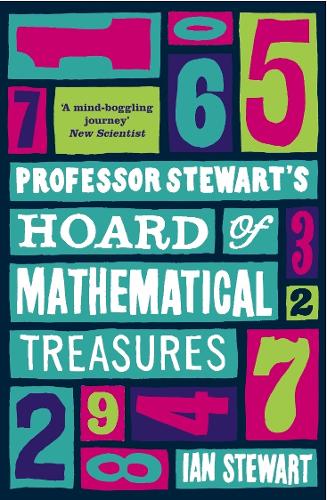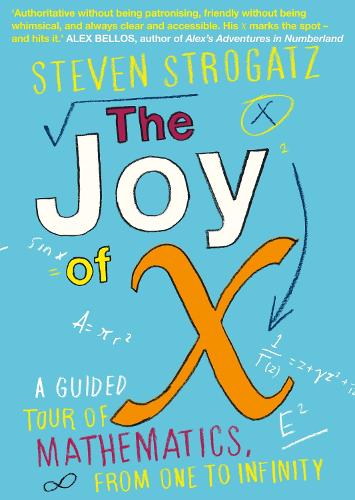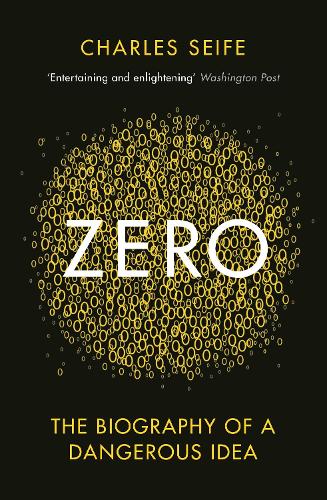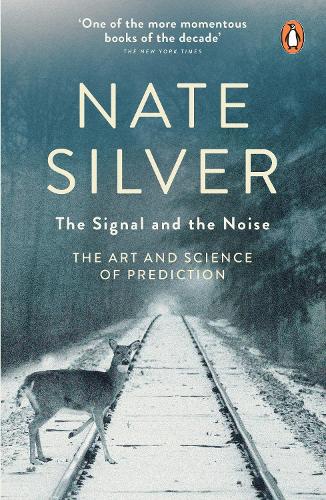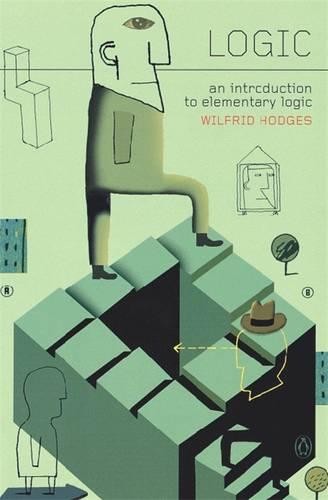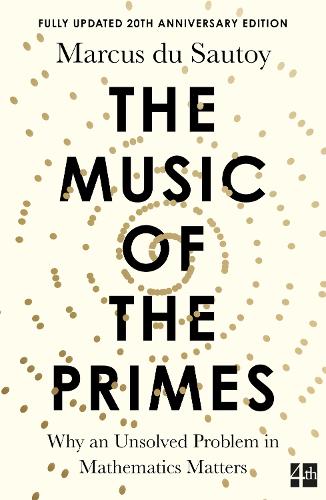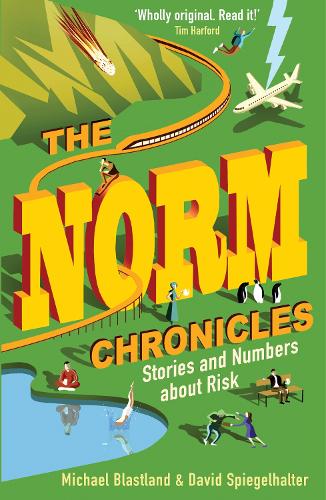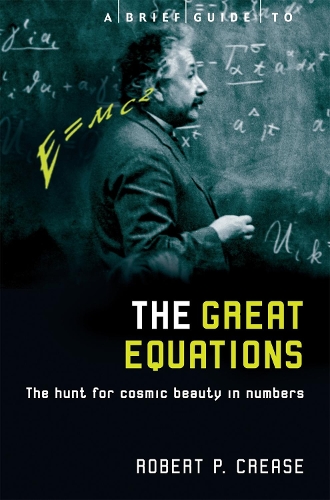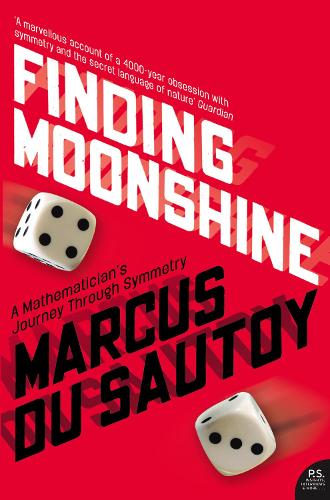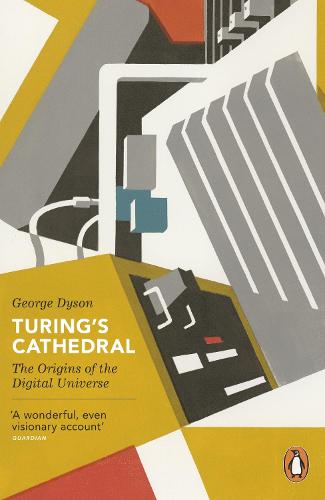
Turing's Cathedral: The Origins of the Digital Universe
Synopsis
George Dyson's fascinating account of the early years of computers: Turing's Cathedral is the story behind how the PC, ipod, smartphone and almost every aspect of modern life came into being.
In 1945 a small group of brilliant engineers and mathematicians gathered at the Institute for Advanced Study in Princeton, determined to build a computer that would make Alan Turing's theory of a 'universal machine' reality. Led by the polymath émigré John von Neumann, they created the numerical framework that underpins almost all modern computing - and ensured that the world would never be the same again.
George Dyson is a historian of technology whose interests include the development (and redevelopment) of the Aleut kayak. He is the author of Baidarka; Project Orion; and Darwin Among the Machines.
'Unusual, wonderful, visionary' Francis Spufford, Guardian
'Fascinating . . . the story Dyson tells is intensely human . . . a gripping account of ideas and inventionFascinating . . . the story Dyson tells is intensely human . . . a gripping account of ideas and invention' Jenny Uglow
'Glorious . . . as much a story of the personalities involved as of the discoveries they made, and you do not need any knowledge of computers or mathematics to enjoy the ride . . . a ripping yarn' John Gribbin, Literary Review
- Publisher: Penguin Books Ltd
- ISBN: 9780141015903
- Number of pages: 432
- Weight: 365g
- Dimensions: 198 x 130 x 25 mm
